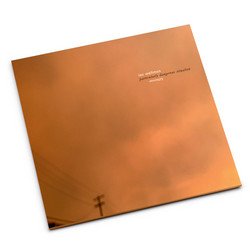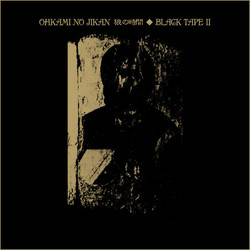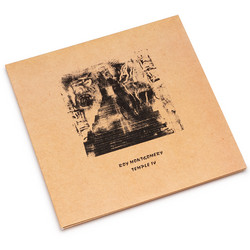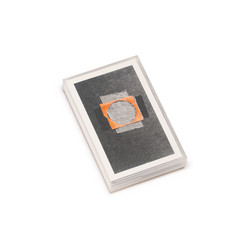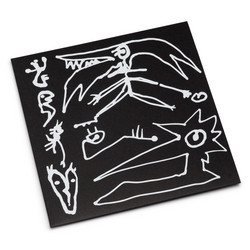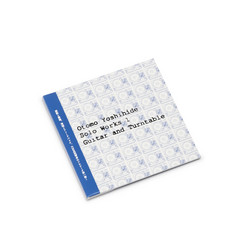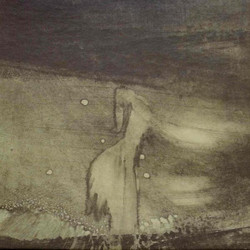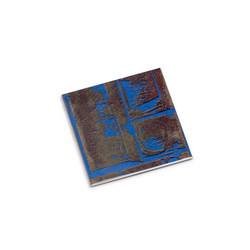Laxative Souls
Twist And Decease (tape + ephemera)
** condition: (cassette/cover) NM/EX (owner's stamp inside cover) ** Cassette with printed cover and stamped label, with small insert plus 3 small flyers.
"The project was born in Porto d'Ascoli in 1980, from the mind of Roberto Marinelli and takes its name from the Catholic and Dantean concept of Souls in Purgatory, whose literal translation does not find a counterpart in the English language, thus generating nonsense. His music is a mix of electronic rage, vocal distortions, concrete music, feedback generated by self-assemblies of electric circuits and cut-ups of documentaries, recordings and radio proclamations. Less dehumanizing than Maurizio Bianchi, the compositions of LXSS seem more linked to an emotional interpretation of the social organism, where in the evolution of the songs and albums he seems to elaborate an almost narrative development of the sound material. The first album under the name LXSS came out after two years of exhausting research and construction of samples, for Multiple Configuration, Roberto Marinelli's own label, for which T.A.C., Tasaday, Maze 1066 and Luca Miti also recorded. In "Twist And Decease" Marinelli retraces a series of violent deaths that crossed the historical, political and social universe of the 20th century, using an almost documentary style. From Umberto I of Savoy killed by the anarchist Gaetano Bresci to Aldo Moro killed by the Red Brigades, from Vladimir Michajlovič Komarov's aerospace accident to the mass exterminations of the concentration camps, the narratives sometimes develop following documentary evidence and elaborating compositions around recordings, interviews and vocal documents concerning the events themselves ("U.I.K.?", "Niccolai"), other times in an emotional way, through a succession of "sound images" and suggestions ("Off Kamarov"). In his narrative evolutions, Marinelli never seems to give value to the catastrophic spectacularization of crime news, trying instead to maintain maximum critical lucidity in the poetic treatment of the events."
Second edition, limited and numbered about 400/450 copies.
